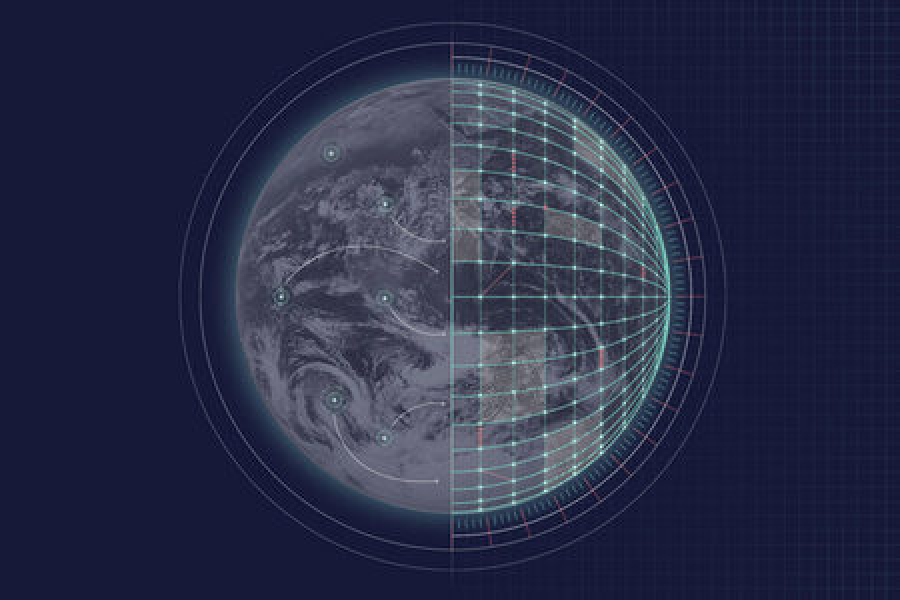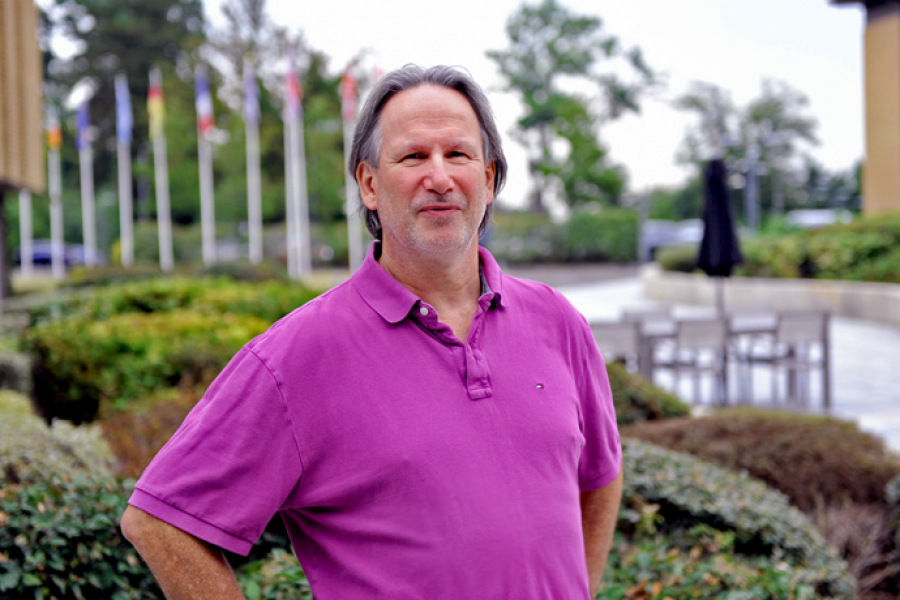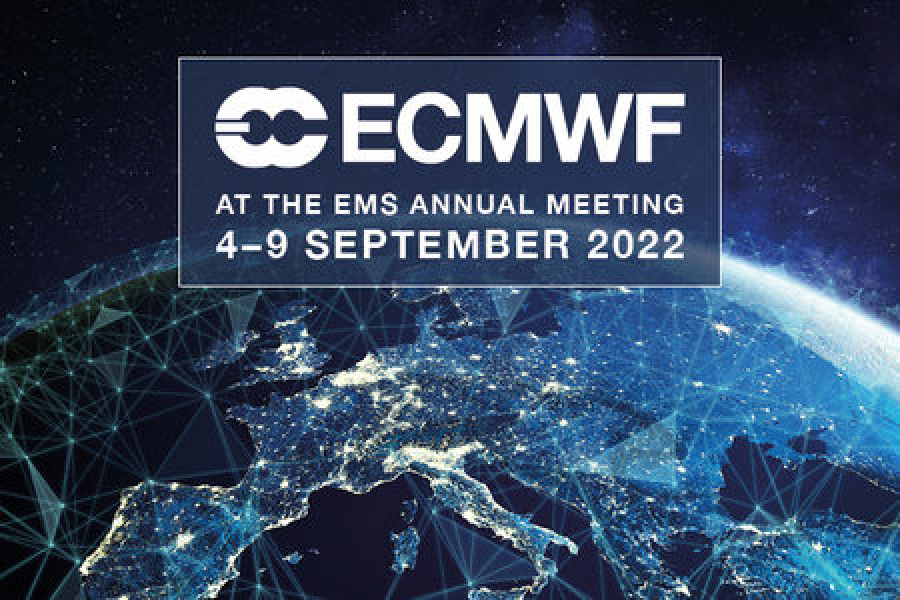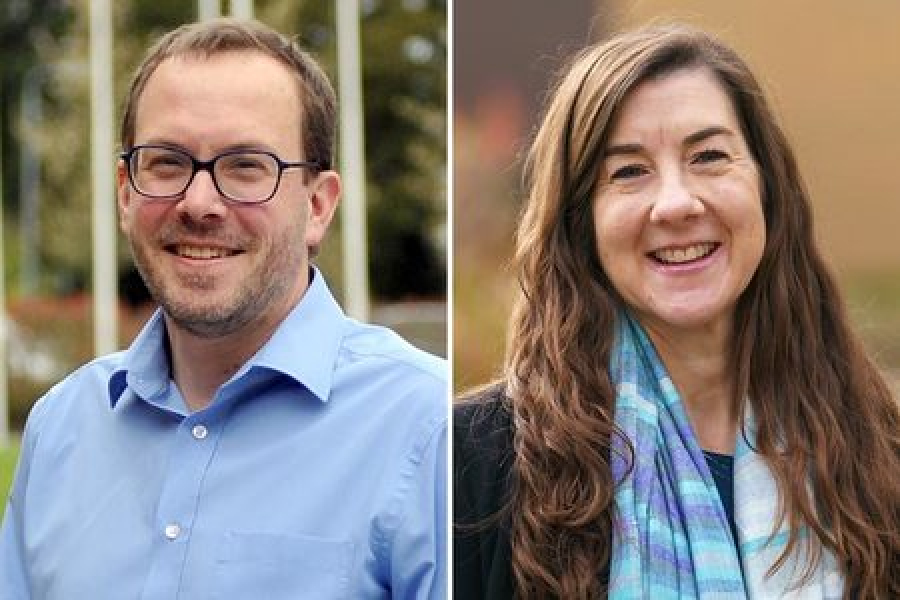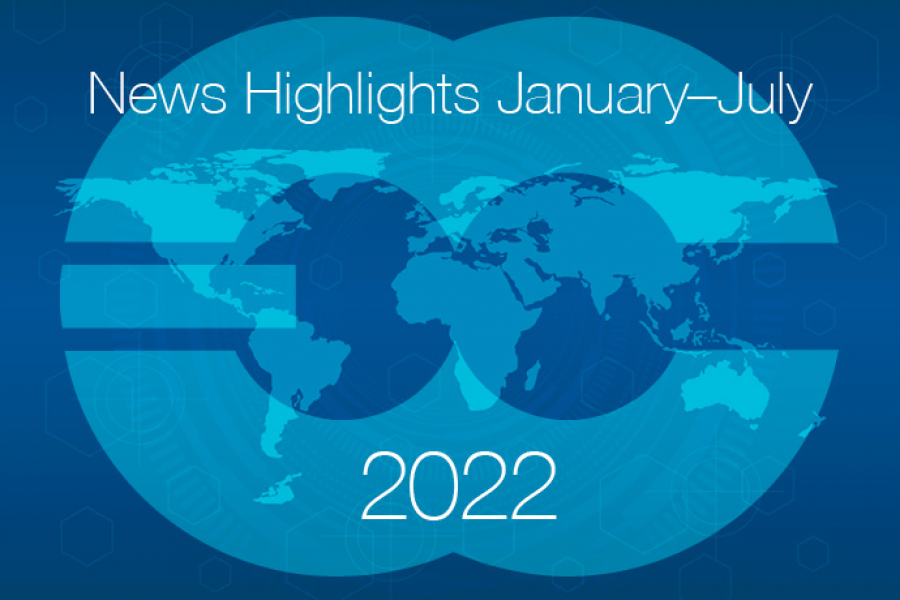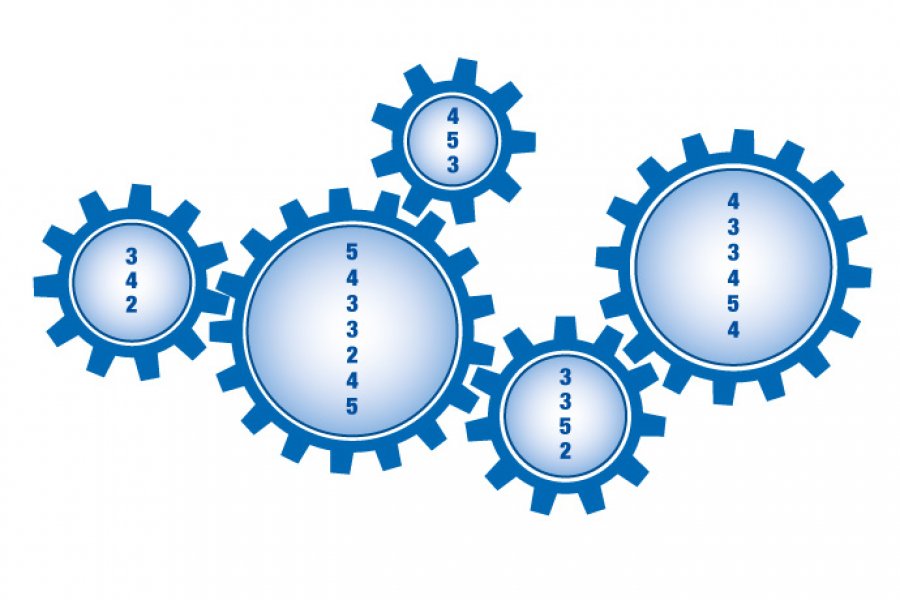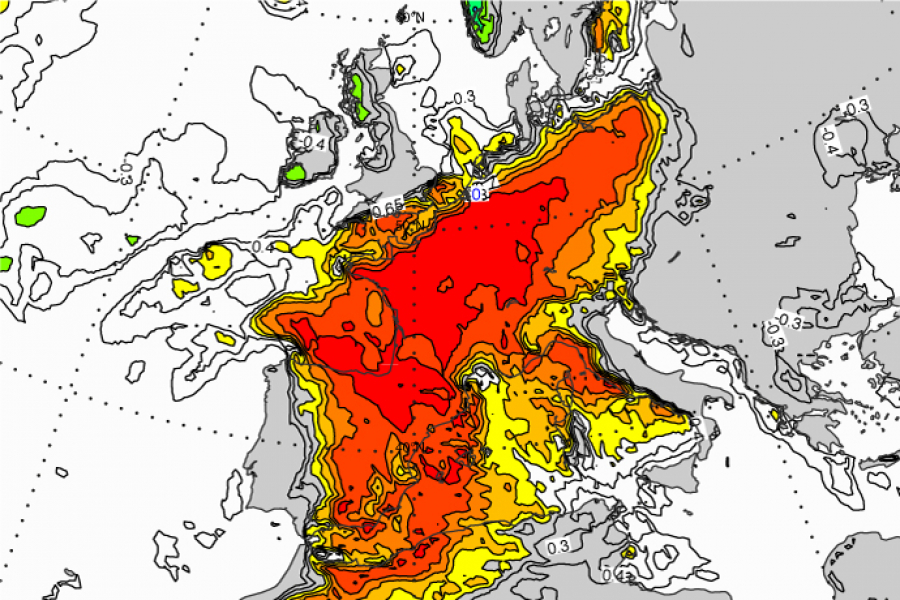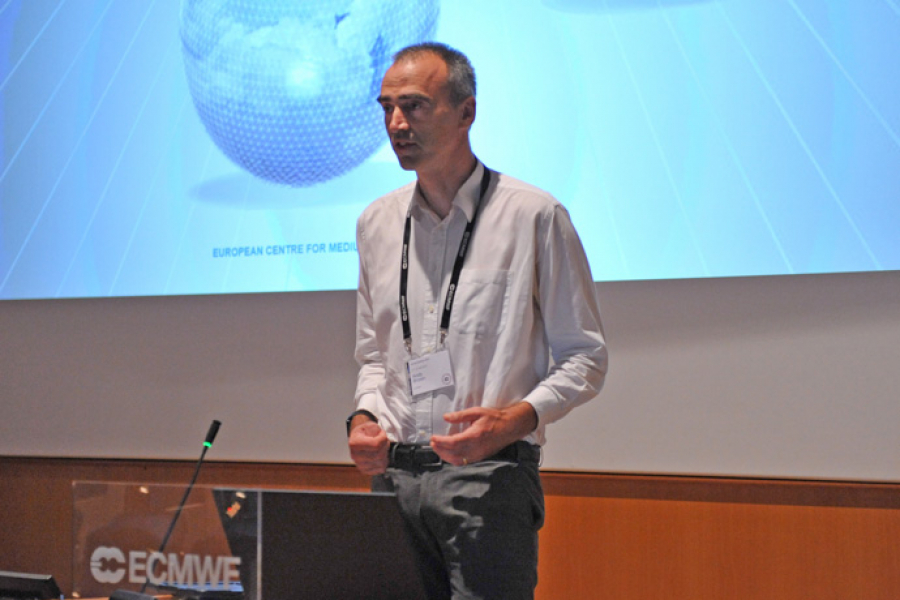
Annual Seminar challenges physics in the context of seamless prediction
In ECMWF’s first in-person Annual Seminar in three years, over 100 scientists and students came together from 12 to 16 September to look at the large range of physical processes and scales that have to be represented in seamless weather prediction.
